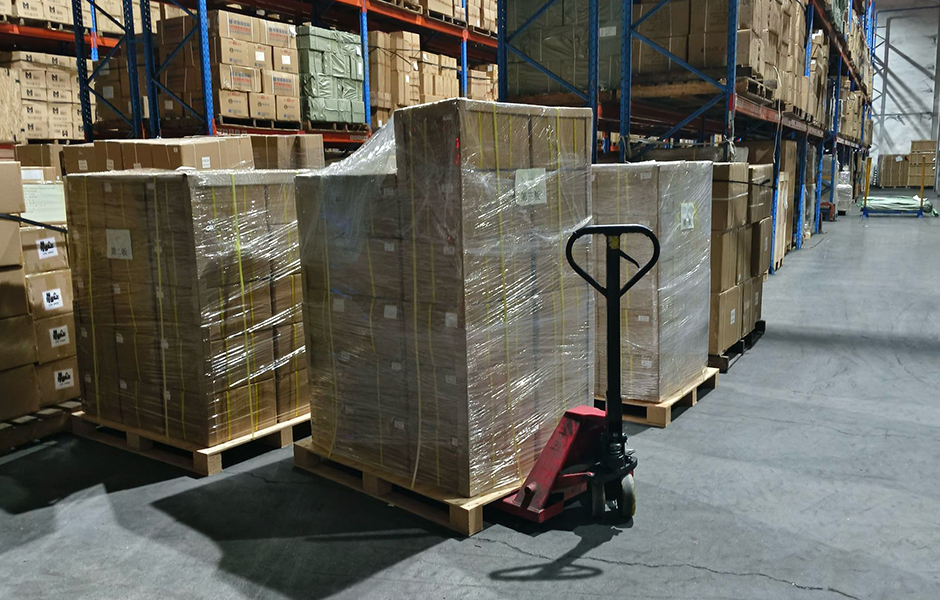FULL CONTAINER LOAD
Ocean container shipping refers to the transportation of goods by packing them into containers and transporting them by sea. This method is commonly used for bulk cargo such as clothing, electronics, and food. Container shipping is characterized by its cost-effectiveness, versatility, global reach, high capacity, and safety.
Despite the numerous advantages of ocean container shipping, there are also challenges such as longer transit times, transportation uncertainties, and the potential need for transshipment. Overall, ocean container shipping plays a crucial role in global trade, providing businesses with a reliable and cost-effective solution for transporting goods.


LESS THAN CONTAINER LOAD
Ocean LCL (Less than Container Load) service refers to a shipping method where multiple shippers consolidate their individual cargoes into a single container to share the cost of ocean transportation. Typically provided by logistics companies or freight forwarders, they consolidate cargoes from multiple shippers into one container, which is then shipped via sea transport to the destination.
This service is particularly useful for shippers with cargo volumes insufficient to fill an entire container, allowing them to share transportation costs and reduce the burden of individually bearing the full container shipping costs. Ocean LCL service provides an economically efficient solution for cargo transportation while also improving cargo loading rates and transportation efficiency.
WHY CHOOSE SEA FREIGHT
Choosing ocean transportation offers several advantages:
- Cost-effectiveness: Ocean transportation is often one of the most economical shipping methods, especially for bulk goods or long-distance shipments. Compared to air or land transportation, ocean shipping costs are typically lower.
- Versatility: Ocean transportation can handle almost any type and size of cargo, from large machinery to consumer goods and bulk commodities.
- Large Capacity: Container ships typically have significant cargo capacities, enabling the transportation of large volumes of goods in a single shipment. This makes ocean shipping an ideal choice for handling bulk cargo.
- Environmental Friendliness: While ocean transportation has higher carbon emissions overall, the emissions per unit of cargo are lower compared to other modes of transportation. Additionally, ocean shipping generally has fewer environmental impacts compared to other modes of transport.
- Global Coverage: Ocean shipping networks span the globe, allowing goods to reach ports worldwide, facilitating international trade.
